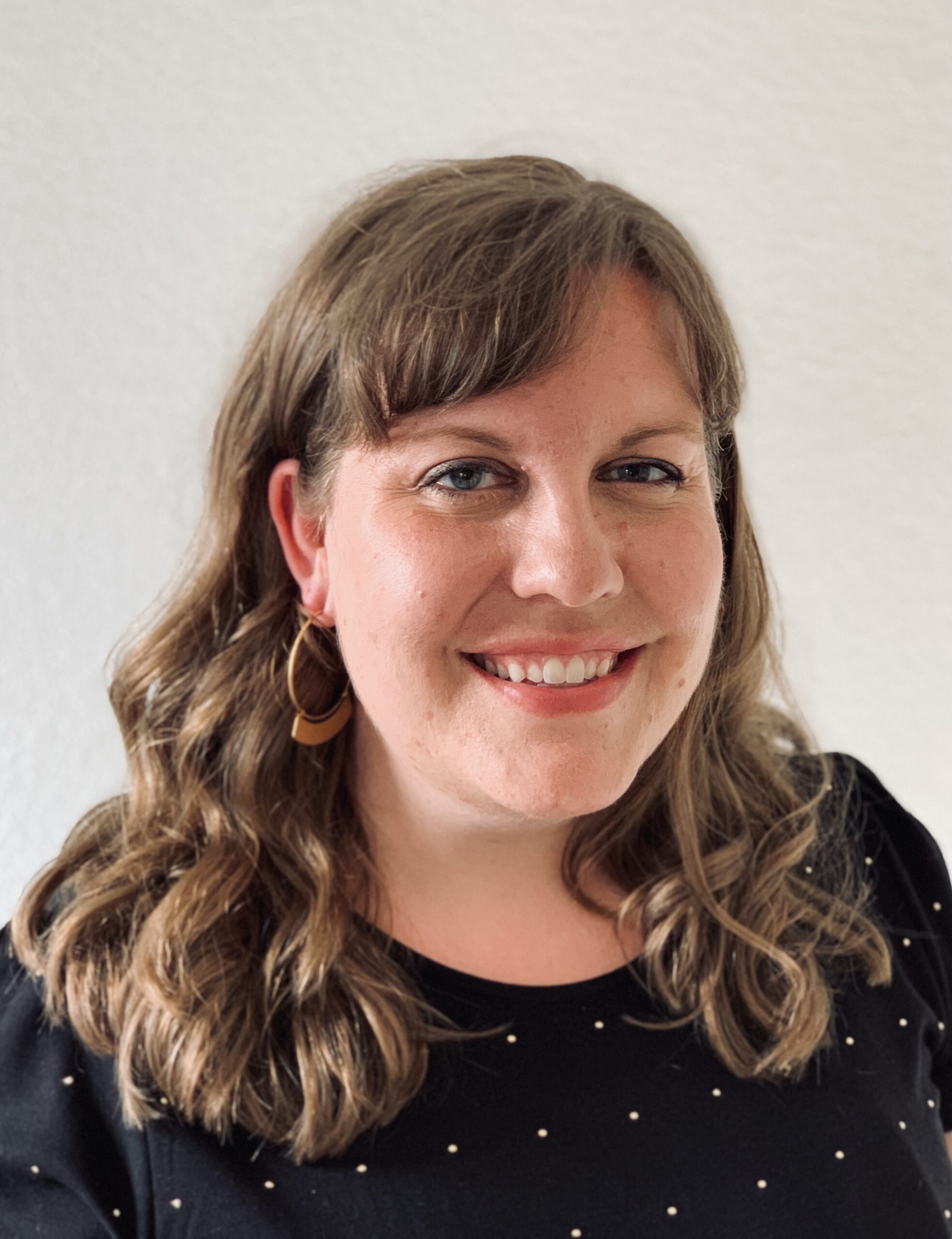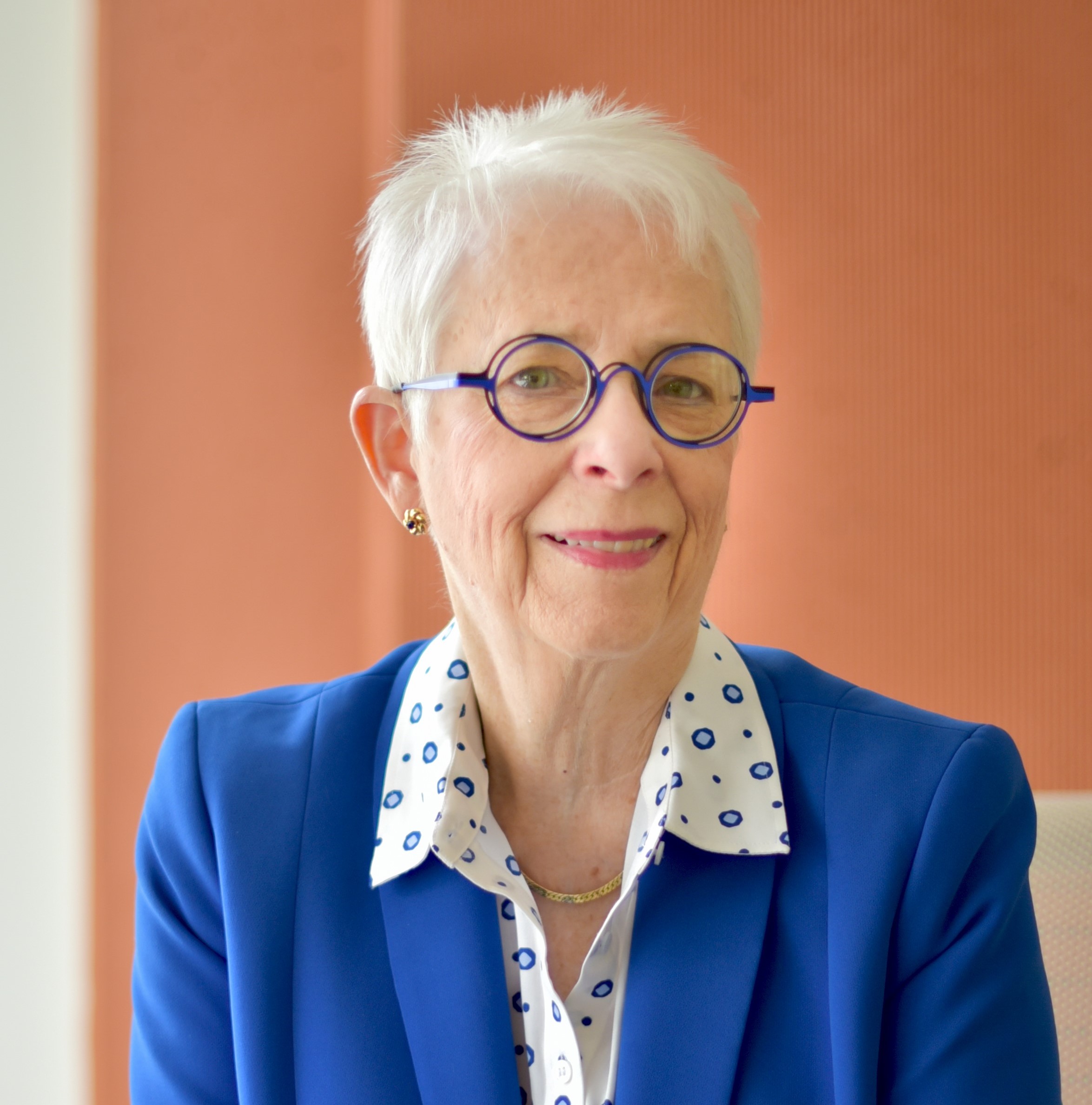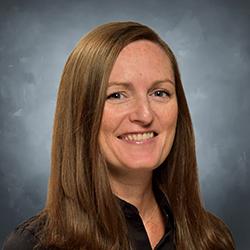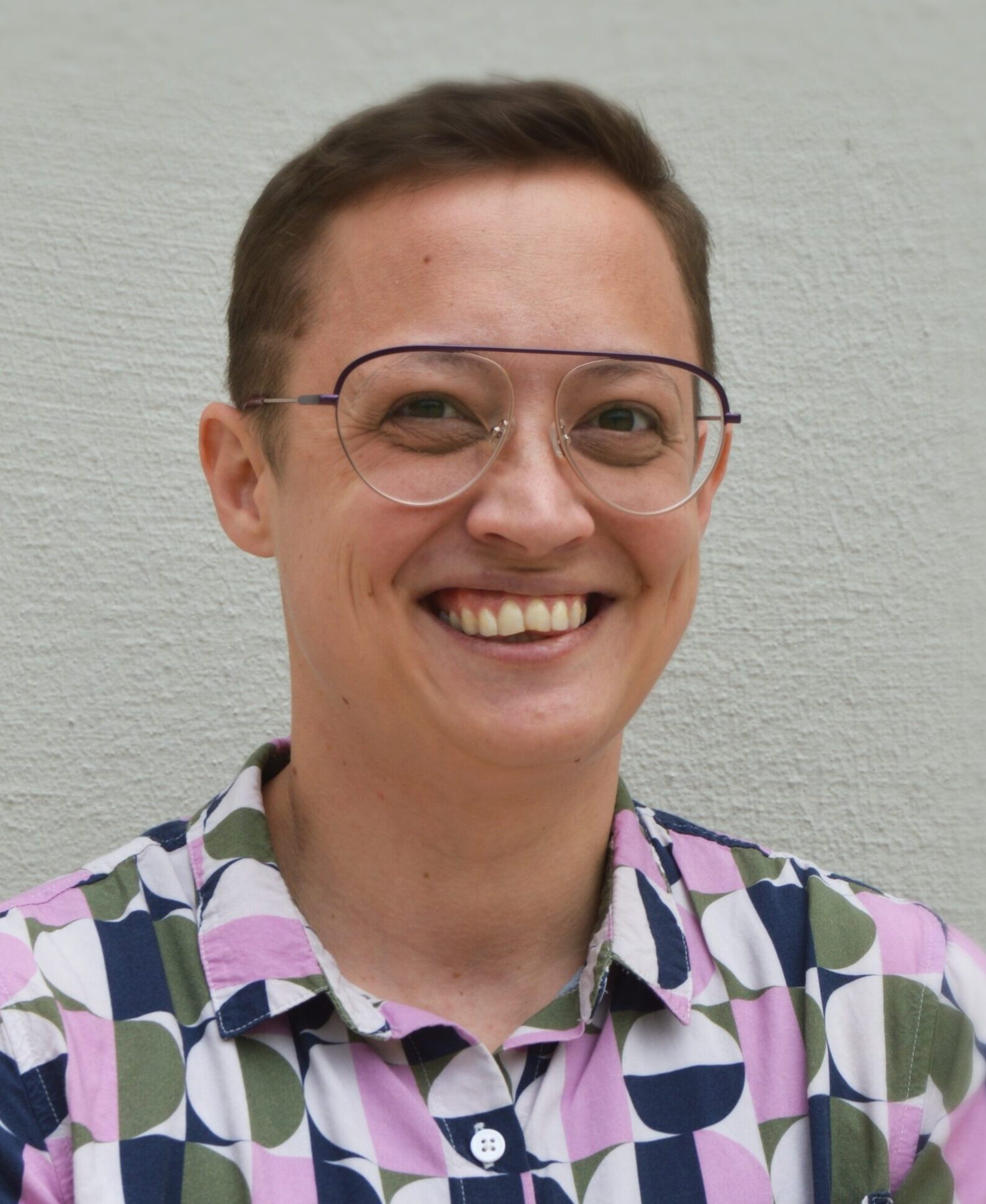We provide specialty training for community health workers and expert mentoring for nurse scientists in a wide range of approaches such as bio-behavior, evolving technology (e.g., engineering, computer science), business principles, and marketing methods.
T32 Precision Health Training
The UT Austin School of Nursing launched a National Institutes of Health-funded T32 transdisciplinary predoctoral training program to provide future nurse scientists with critical skills and knowledge to develop and implement innovative, effective, and personalized interventions for the growing number of individuals struggling with multiple chronic conditions (MCCs).
This unique program provides predoctoral trainees with cutting-edge knowledge and methods to access and use resources throughout the University and the Austin community to ensure training across disciplines and ultimately create a national model for training nurse scientists with precision health expertise.
Each fellow has a mentoring committee—a primary mentor and content mentors from nursing and other disciplines to ensure a rich mentoring experience.
The Precision Health (T32) Fellowship Mentoring Program Guide was diligently formulated to assist those in the fellowship mentoring program as well as their mentors with the common goal of striving for success in transdisciplinary research training. The T32 guide includes modes of effective mentoring as well as the duties of a primary mentor, a written individual development plan, and the importance of establishing a transdisciplinary mentoring committee. The guide provides insightful methods and components to help the mentor and mentee make the most out of their relationship.
Meet our First Cohort of Mentors and Mentees
In preparation for beginning the Fellowship Mentoring Relationship, a mentor should first establish the interest and needs of the mentee as well as provide insightful and advanced thoughts, perspectives, and approaches from their own experiences. As a mentor, it is important to note the uniqueness of each individual mentee and it is ultimately their choice as to how they choose to process their gained insights. Consistency surrounding meeting frequency, duration, and length are also vital to the Fellowship Mentoring Relationship because it establishes a rhythm that will ultimately assist in reaching an agreement regarding the goals of a relationship. This guide further discusses key aspects to enhance the relationship with your mentee by sharing more characteristics of positive mentoring, avoiding pitfalls, and ways to make the most out of mentoring.
Mentor
Mentee

Emily Croce
PhD student

Kristen Sinay
PhD student

Eliana Gill
PhD student
Feature Spotlight Mentor Pilots
 Valerie Danesh, PhD, RN, FCCM
Valerie Danesh, PhD, RN, FCCMDr. Valerie Danesh’s research program focuses on nursing surveillance across the continuum of care with a focus on the after effects of prolonged hospitalization stays. Symptom clusters known as Post-Intensive Care Syndrome (PICS) that include depression, anxiety, post-traumatic stress disorder (PTSD), cognitive impairment, and/or physical frailty will often negatively influence the recovery and rehabilitation of the ICU survivors. Dr. Danesh is currently researching the effectiveness of telephone-based intervention to overcome the barriers associated with PICS.
Dr. Nico Osier’s is currently conducting an exploratory study of allostatic load and its impact to a response to an 8-week self-management program for multiple sclerosis. The program of research strives to promote a better understanding of the molecular and genomic underpinnings of health, disease, and injury recovery. The goal of Dr. Osier’s research is to evaluate the complex role that stress has on multiple sclerosis, and to create a composite measure of allostatic load.
CHW Website
The Community Health Worker (CHW) Institute was designed with a goal to enhance the quality of life along with health outcomes of disadvantaged populations and communities within Central Texas. The CHW focuses specifically on interventions surrounding health promotion, chronic disease self-management, mental health, and women’s health with a vision that all communities within Central Texas should have access to basic needs to help them live a full and productive life.
St. David’s CHPR
The Center for Health Promotion and Disease Prevention Research in Underserved Populations (CHPR) is funded by the National Institutes of Health, National Institute of Nursing Research. In 2011, St. David’s Foundation made a gift and in recognition was renamed St. David’s CHPR. The mission of St. David’s CHPR is to improve the health of underserved people through applied research. St. David’s CHPR aims to develop efficient interventions and explore innovative technologies that advocate for health promotion.




